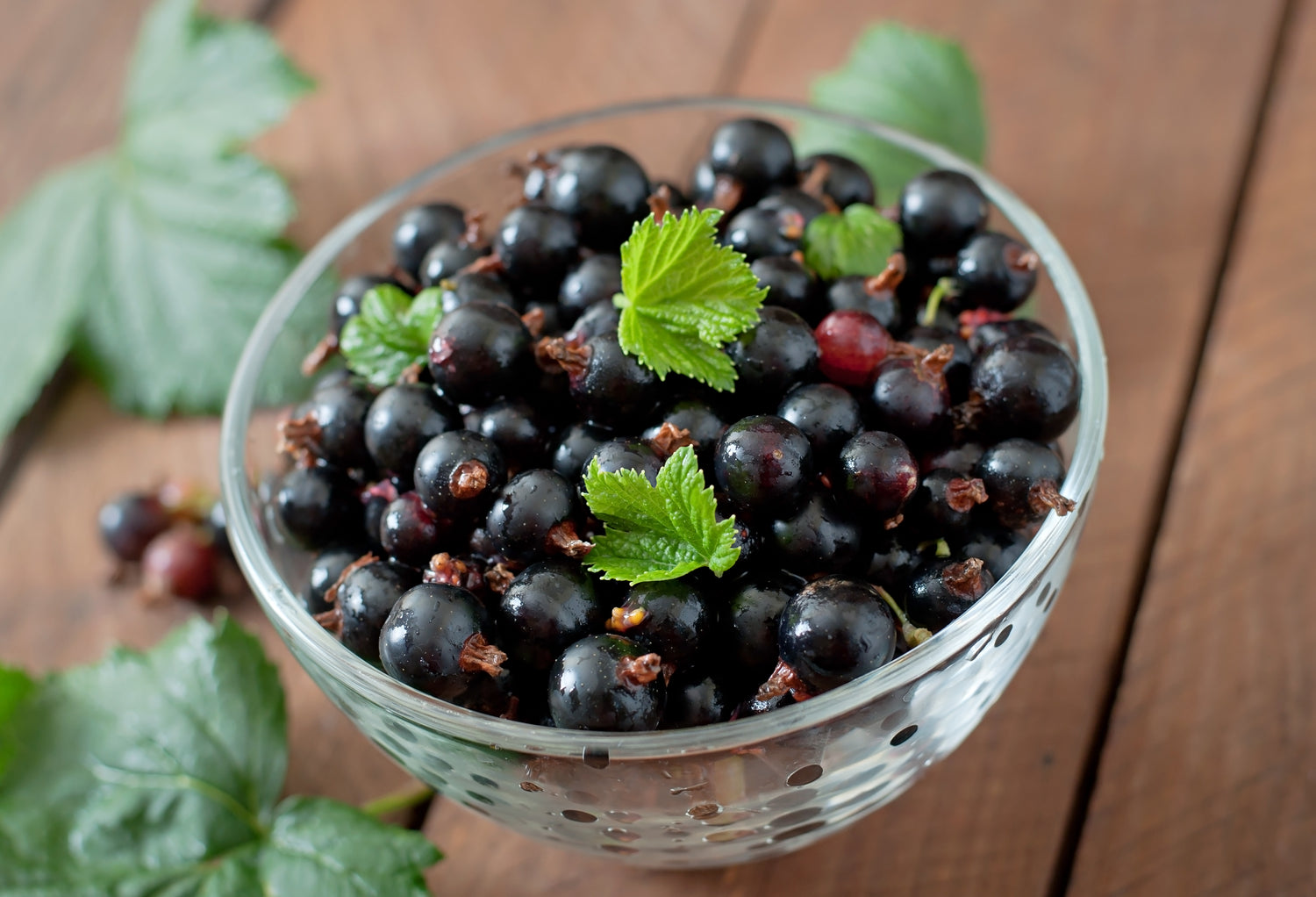Lion's Mane
Lion's Mane Mushroom (Hericium erinaceus)
Scientific Overview
Lion's Mane is a distinctive edible mushroom known for its unique appearance and bioactive compounds, including hericenones and erinacines. These compounds have been subjects of various studies exploring their potential effects on the nervous system.
Cognitive Function Studies
A randomized, double-blind, placebo-controlled trial involving older adults with mild cognitive impairment found that supplementation with Lion's Mane for 16 weeks resulted in significant improvements in cognitive function, including memory and attention, compared to a placebo group. Participants who consumed Lion's Mane showed notable improvements in cognitive assessments after the supplementation period.
Neuroprotective Research
In animal studies, Lion's Mane extract has been shown to ameliorate cognitive deficits and neuroinflammation, which are often associated with neurodegenerative conditions. Research suggests that the mushroom's components may help reduce the accumulation of amyloid-beta plaques and enhance memory function in these models.
Mood and Stress Studies
Clinical research has indicated that Lion's Mane may have potential effects on mood and stress. A study involving menopausal women found that consumption of Lion's Mane cookies for four weeks was associated with reduced levels of irritability and anxiety. These findings suggest a possible role for Lion's Mane in supporting emotional well-being.
Mechanisms of Action
The potential effects of Lion's Mane on the nervous system are attributed to its bioactive compounds, such as hericenones and erinacines. These compounds are believed to influence neurotrophic factors, which support neuronal health. Additionally, Lion's Mane exhibits antioxidant properties, which may protect the brain from oxidative stress, a significant factor in neurodegeneration.
Conclusion
While research into Lion's Mane is ongoing, existing studies suggest it may offer potential benefits for cognitive function, mood, and overall brain health. However, further research is needed to fully understand its effects and mechanisms.
Important Note: These statements are for informational purposes only and do not constitute an authorised health claim under UK law. The effects shown in research may not be achieved by consuming this product.
Neurothena Brain Fuel contains the Lion's Mane Mushroom fruiting body extract.
Bibliography
-
Mori, K., Inatomi, S., Ouchi, K., & Matsuura, Y. (2009). Improving effects of the mushroom Yamabushitake (Hericium erinaceus) on mild cognitive impairment: a double-blind placebo-controlled clinical trial. Phytotherapy Research, 23(3), 367–372. https://pubmed.ncbi.nlm.nih.gov/18844328/
-
Szućko-Kociuba, I., et al. (2023). Neurotrophic and neuroprotective effects of Hericium erinaceus. Frontiers in Pharmacology, 14, 10650066. https://pmc.ncbi.nlm.nih.gov/articles/PMC10650066/
-
Nagano, M., et al. (2010). Reduction of depression and anxiety by 4 weeks Hericium erinaceus intake. Biomedical Research, 31(4), 231–237. https://pubmed.ncbi.nlm.nih.gov/20834180/
-
Lew, S. Y., et al. (2020). Neuroprotective effects of Hericium erinaceus (Bull.: Fr.) Pers. BMC Complementary Medicine and Therapies, 20, 131. https://bmccomplementmedtherapies.biomedcentral.com/articles/10.1186/s12906-020-03132-x
-
Qiu, Y., et al. (2024). Bioactive substances in Hericium erinaceus and their neuroprotective effects. Journal of Functional Foods, 89, 104924. https://www.sciencedirect.com/science/article/pii/S2213453024000715
-
Cha, S., et al. (2024). A review of the effects of mushrooms on mood and cognitive function. Phytotherapy Research, 38(3), 701–715. https://www.sciencedirect.com/science/article/pii/S0149763424000162
-
Spangenberg, E. T., et al. (2025). Unveiling the role of erinacines in the neuroprotective effects of Hericium erinaceus. Frontiers in Pharmacology, 16, 1582081.

Lion's Mane Mushroom
'The Brain Mushroom'
A functional mushroom traditionally used in Asian medicine. Lion's Mane contains bioactive compounds that have been studied for their role in supporting normal nervous system function.

Panax Ginseng
'The Ancient Adaptogen'
A plant used for centuries in traditional medicine. Ginseng is recognised for its apoptogenic properties, supporting the body’s normal response to stress.

Mango Leaf Extract (Zynamite)
'The Secret Ingredient'
A natural, patented extract standardized to contain mangiferin, a polyphenol studied for its antioxidant properties. Zynamite® supports cognitive function.

Magnesium
'The Calm Mineral'
An essential mineral involved in many enzymatic reactions in the body. Magnesium contributes to normal energy-yielding metabolism, normal nervous system function, and the reduction of tiredness and fatigue.

Zinc
Zinc contributes to normal cognitive function, the normal functioning of the immune system, and reduction of tiredness and fatigue.

Blackcurrants (Ribes Nigrum)
Berries rich in anthocyanins, flavonoids, and vitamin C, which contribute to antioxidant activity. Blackcurrants support normal physiological function and can help reduce tiredness and fatigue.

Vitamin B12
A water-soluble vitamin essential for energy metabolism, normal nervous system function, and red blood cell formation. B12 contributes to normal energy-yielding metabolism and reduction of tiredness and fatigue.

Vitamin B6
A water-soluble vitamin involved in neurotransmitter synthesis. B6 contributes to normal energy-yielding metabolism and reduction of tiredness and fatigue.
